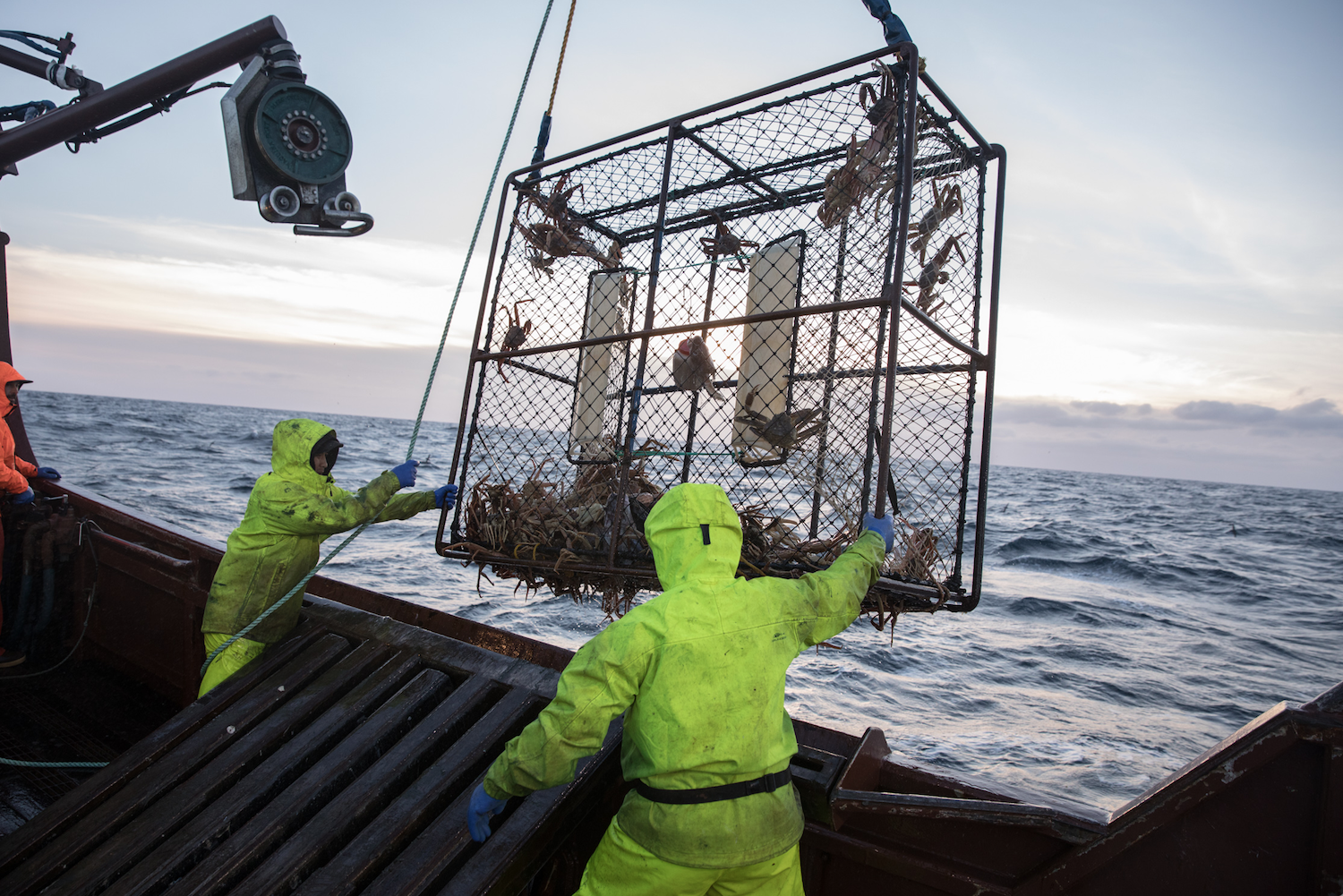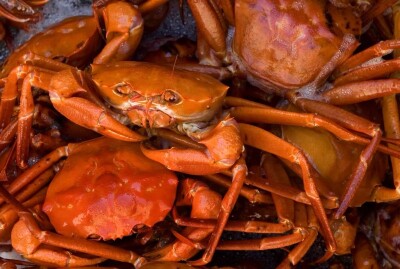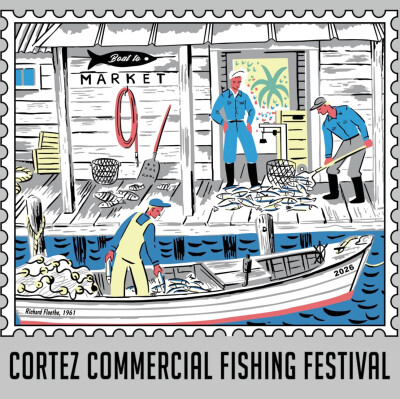The first steps in declaring and funding a fisheries disaster declaration for Bering Sea crab “happened in a record time of only two months,” a hopeful sign for what could be a $500 million setback for the industry, according to the Alaska Bering Sea Crabbers association.
“The $300 million included in the omnibus appropriation package for fishery disasters is a great start for much-needed money to help fishermen and communities pay their bills,” said Jamie Goen, executive director for the Alaska Bering Sea Crabbers. “We commend the Secretary of Commerce, NOAA Fisheries, and members of Congress, particularly the Alaska and Washington delegations, for their swift action and attention to this issue affecting so many hard-working Americans and family fishing businesses.”
In mid-December U.S. Secretary of Commerce Gina Raimondo issued disaster declarations for several fisheries in Alaska and Washington state, a first step toward delivering both federal relief and science research into the collapses. In a surge of year-end legislation before Christmas, Congress authorized the funding as part of the annual federal omnibus appropriations law.
In a statement following the Congressional vote, the crabbers’ association noted that historically, fisheries disaster funding typically takes two to four years “before money reaches fishermen.”
“These first steps in the process happened in a record time of only 2 months,” the group said. “This is truly an incredible effort and very appreciated. Crabbers are hopeful the forward progress with government agencies to streamline and speed up the various stages of this process will continue in order to get financial relief distributed quickly to those fishermen, processors, and communities in need.”
While pushing for disaster funding for fishermen and crab-dependent Alaskan communities, crabbers are calling for “a more holistic, adaptive, ecosystem-based approach to management in the Bering Sea. This approach uses the science and data we have available to be proactive in helping the crab stocks rebuild and protecting the habitat they need.”
The association has petitioned Raimondo to create a temporary area closure from January through June 2023, “a time when crab are in vulnerable soft shell state of molting and mating, in an area known to be important to Bristol Bay red king crab and their habitat.”
“At the same time the government is working hard to provide financial relief from these fisheries disasters, they also need to be working hard on management actions to reduce the likelihood of future fishery disasters,” according to the association. “And those need to be implemented now to help our ecosystem and the people who rely on it recover.”
Both federal and Alaska Department of Fish and Game funding is coming into play for newly urgent crab research that could start as early as March 2023.
“We’ve heard from scientists that climate change, ocean warming, and ocean acidification effects are likely to continue to grow in magnitude and frequency, creating more uncertainty in fisheries management,” according to the association. “Luckily, most crab stocks are resilient and can adapt if given a chance. We have to give them a chance, by protecting habitat and immediately reducing fishing impacts on the stock.”







